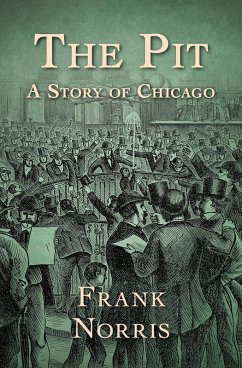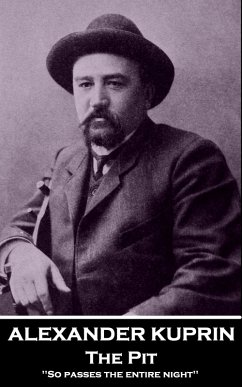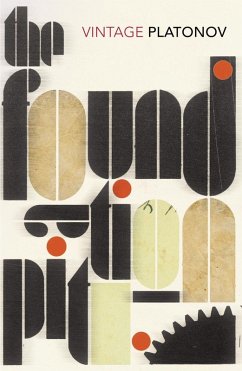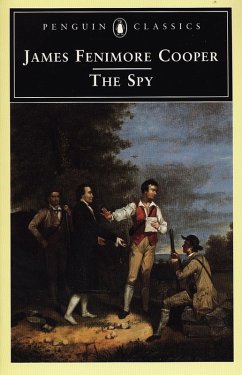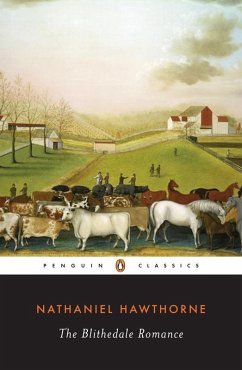
The Pit (eBook, ePUB)
A Story of Chicago

PAYBACK Punkte
4 °P sammeln!
This classic literary critique of turn-of-the-century capitalism in the United States reveals Norris's powerful story of an obsessed trader intent on cornering the wheat market and the consequences of his unchecked greed.
Dieser Download kann aus rechtlichen Gründen nur mit Rechnungsadresse in A, B, BG, CY, CZ, D, DK, EW, E, FIN, F, GR, HR, H, IRL, I, LT, L, LR, M, NL, PL, P, R, S, SLO, SK ausgeliefert werden.




